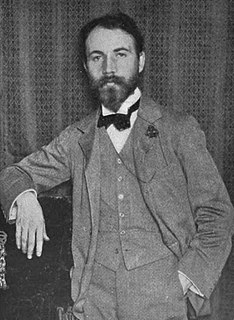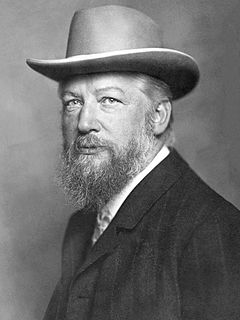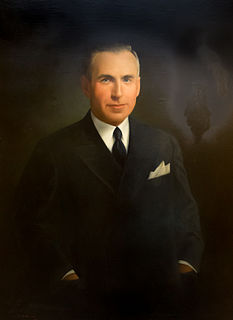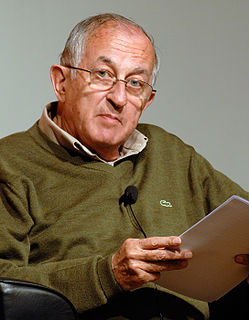A Quote by C. S. Lewis
Friendship arises out of mere Companionship when two or more of the companions discover that they have in common some insight or interest or even taste which the others do not share and which, till that moment, each believed to be his own unique treasure (or burden).
Related Quotes
That which is common to the greatest number has the least care bestowed upon it. Every one thinks chiefly of his own, hardly at all of the common interest; and only when he is himself concerned as an individual. For besides other considerations, everybody is more inclined to neglect the duty which he expects another to fulfill.
Friendship exhibits a glorious "nearness by resemblance" to Heaven itself where the very multitude of the blessed (which no man can number) increases the fruition which each has of God. For every soul, seeing Him in her own way, doubtless communicates that unique vision to all the rest. That, says an old author, is why the Seraphim in Isaiah's vision are crying "Holy, Holy, Holy" to one another (Isaiah VI, 3). The more we thus share the Heavenly Bread between us, the more we shall all have.
Giving primacy to God means having the courage to say ‘no’ to evil, ‘no’ to violence, ‘no’ to oppression, to live a life in service of others and which fosters lawfulness and the common good. When a person discovers God, the true treasure, he abandons a selfish lifestyle and seeks to share with others the charity which comes from God. He who becomes a friend of God, loves his brothers and sisters, commits himself to safeguarding their life and their health, and also to respecting the environment and nature.
When a man finds that it is his destiny to suffer, he will have to accept his suffering as his task; his single and unique task. He will have to acknowledge the fact that even in suffering he is unique and alone in the universe. No one can relieve him of his suffering or suffer in his place. His unique opportunity lies in the way in which he bears his burden.
Future arises out of your misery, not out of your celebration. A really celebrating person has no future; he lives this moment, he lives it totally. Out of that total living arises the next moment, but it is not out of any lust. Of course, when out of celebration the next moment arises, it has more capacity to bless you. When out of celebration the future arises, it goes on becoming more and more rich. And a moment comes when the moment is so total, so whole, that time completely disappears.
That which you or I think is most unique about ourselves we hide. In ordinary discourse, in the normal state, we share our common self, our superficial self. Yet what is most unique about us is what has the greatest potential for bonding us. When we share our uniqueness, we discover the commonality in greatness that defines everyone on the planet.
Jesus says that every Christian has his own cross waiting for him, a cross destined and appointed by God. Each must endure his allotted share of suffering and rejection. But each has a different share: some God deems worthy of the highest form of suffering, and gives them the grace of martyrdom, while others he does not allow to be tempted above that which they are able to bear. But it is the one and the same cross in every case.
When a man finds that it is his destiny to suffer, he will have to accept his suffering as his task. . . . He will have to acknowledge the fact that even in suffering he is unique and alone in the universe. No one can relieve him of his suffering or suffer in his place. His unique opportunity lies in the way in which he bears his burden.
I can conceive few human states more enviable than that of the man to whom, panting in the foul laboratory, or watching for his life under the tropic forest, Isis shall for a moment lift her sacred veil, and show him, once and for ever, the thing he dreamed not of; some law, or even mere hint of a law, explaining one fact; but explaining with it a thousand more, connecting them all with each other and with the mighty whole, till order and meaning shoots through some old Chaos of scattered observations.



































